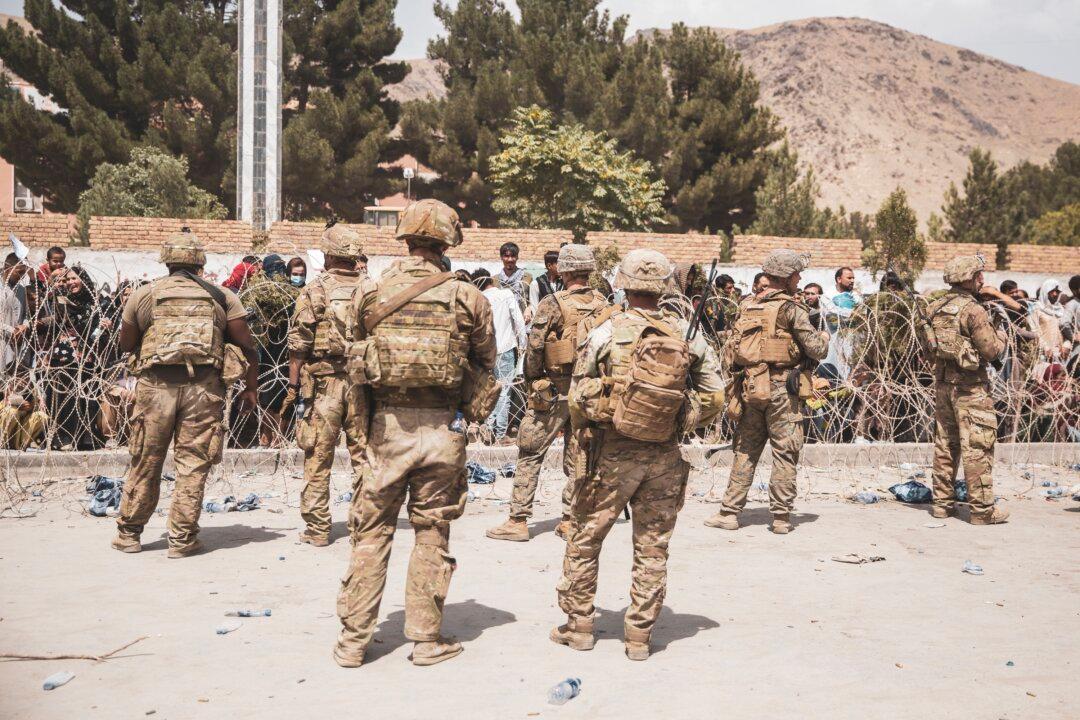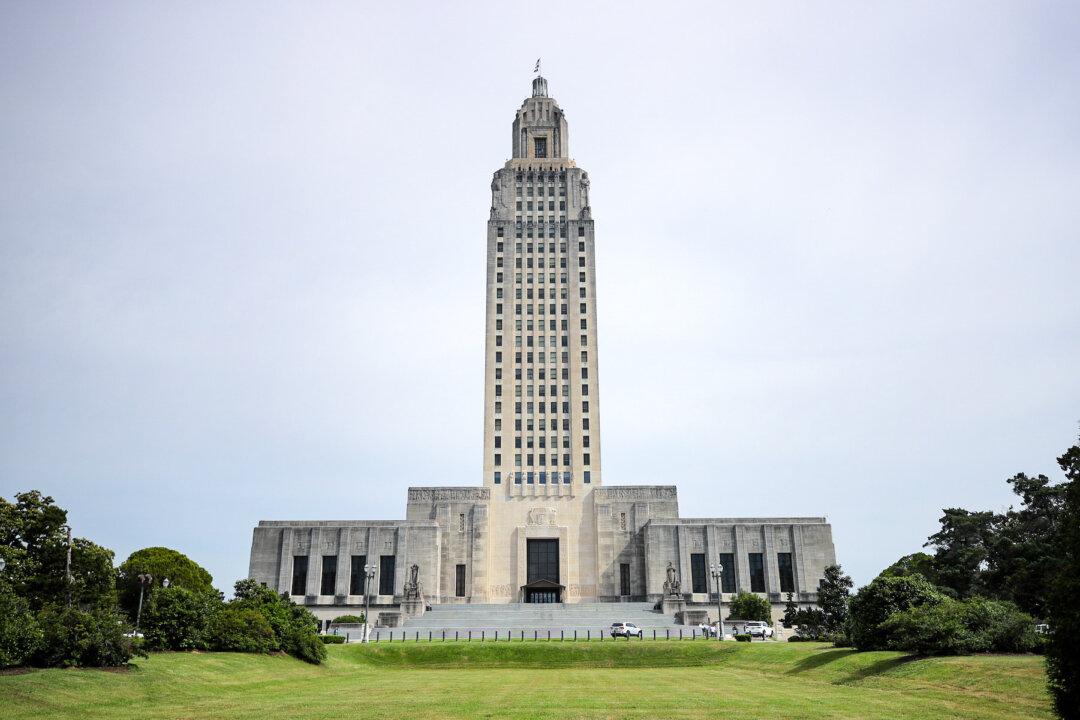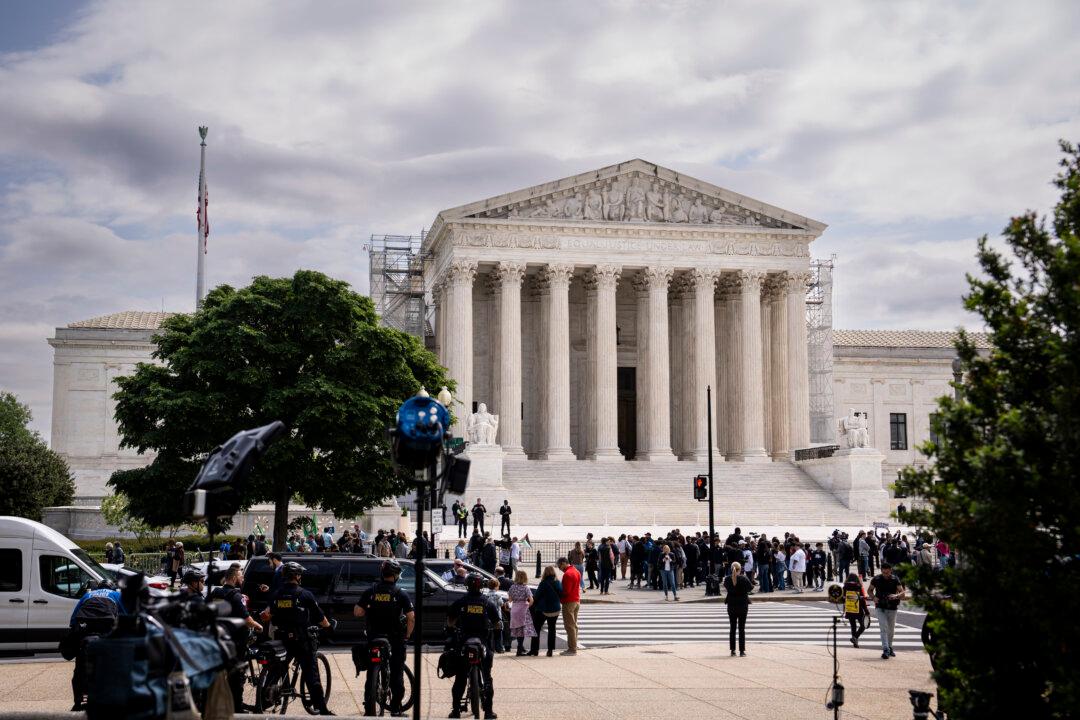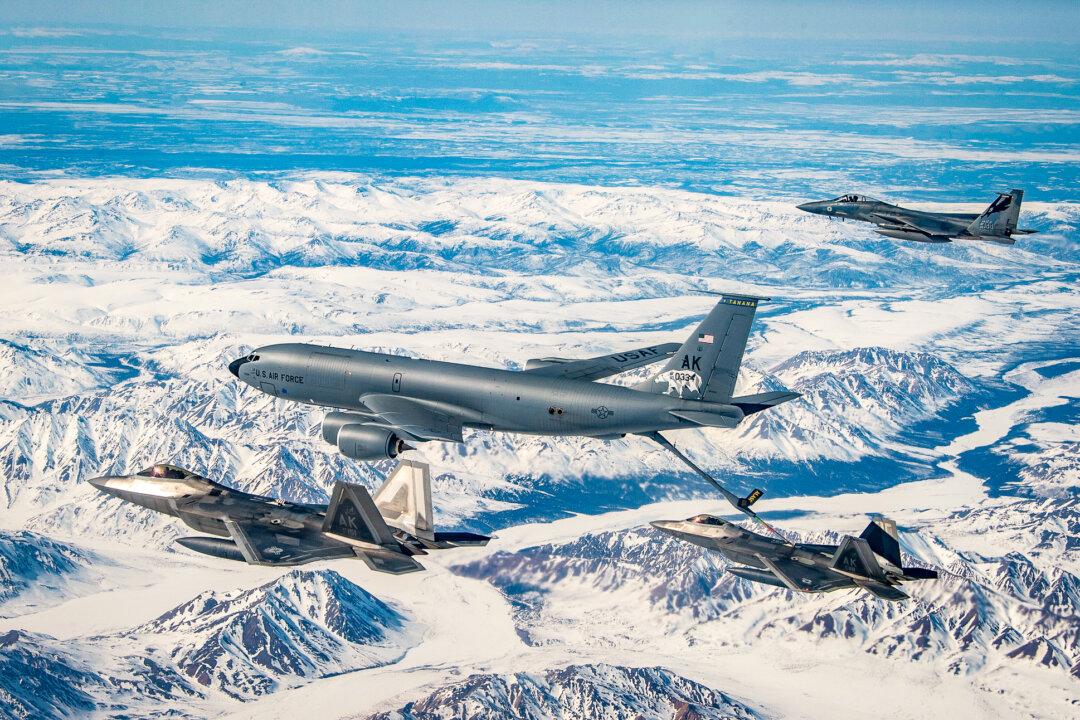More than a year after the United States’ chaotic withdrawal from Afghanistan, one Afghan interpreter says he fears death at the hands of the Taliban after his applications for a U.S. visa were denied.
Ahmad Ehsan accompanied the U.S. Army in 2018, serving as an interpreter and cultural advisor in Kabul, Afghanistan, until January 2021. The Epoch Times is using a pseudonym to protect his safety.




